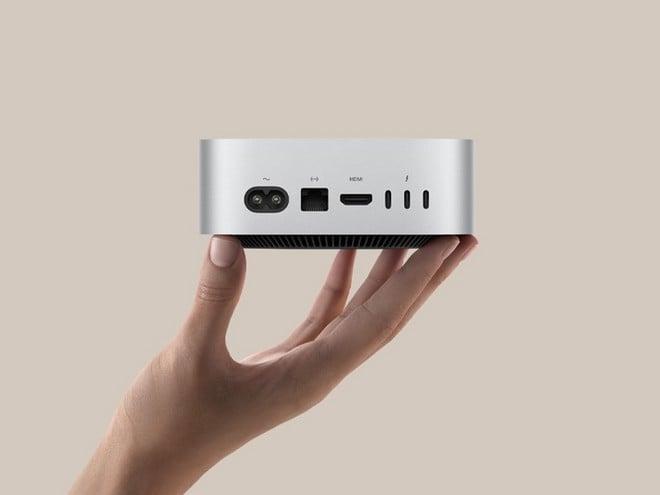A Taoist parable is finding new life on TikTok, where creators are touting the “Empty Boat Theory” as a simple “brain hack” for dealing with anger and self-centered thinking. The concept, imagining your frustration as being sparked by an empty boat rather than a malicious person, reminds people that not everything is about them.
Featured VideoThough viral videos refer to it as a “theory,” it originated as a parable about a monk meditating on a lake and has been adapted to modern times.
It’s similar to the psychological phenomenon known as the “spotlight effect.” The point is, it’s not all about you.
What is the Empty Boat Theory?
The theory is contained within a mental exercise that asks you to imagine yourself in a boat on the lake. Maybe you’re with friends and family, waving to other boaters, and have a grand time.
AdvertisementThen, out of nowhere, another boat starts speeding right toward yours. It’s going too fast, and if it doesn’t change course, it’s going to hit you. As it gets closer, you get angrier, furious that someone is trying to ruin your perfect day.
Finally, you steer your own boat out of the way, and as you turn to yell at the people in the other vessel as it passes by, you see that it’s empty.
As TikToker @sean.of.the.living explained in a video he posted last week, this changes everything.
@sean.of.the.living The “empty boat” theory has me brain spinning lately. This is a brain hack to staying in a happier mindset. #advice #emptyboat #lifehack ♬ original sound – sean.of.the.livingAdvertisement
“There was never anybody to be angry with in the first place,” he said. “That’s life, isn’t it? … ‘They’re not showing up to work on time because they don’t respect me.’ We assume everything’s about us. ‘They’re just doing that to screw me, to piss me off.’”
“Most of the time, nobody’s thinking about you.”
TikTok videos on the Empty Boat Theory have been popping up since 2024, if not earlier. The hashtag #emptyboat now has 35 videos on the topic as the idea spreads, and TikTokers are vibing with it.
“Never attribute malice to what can be explained by incompetence or apathy,” wrote commenter @glanzern.
Advertisement“I was told once : if you realized how little people thought of you, you would never worry about what people think of you,” said @gp8675309.
Of course, there will always be folks who have to get mad.
Advertisement“My anger immediately transfers to the boat operator who screwed up and caused a runaway boat!!” joked @cali.chill.
The Parable of the Empty Boat and the Spotlight Effect
Getting angry at people because you assume they’re inconveniencing you on purpose is an ancient problem. The Empty Boat Theory seems to be a modern twist on a Taoist story: The Parable of the Empty Boat.
One Redditor on the r/Buddhism sub described a similar tale to that of the TikTok video, only this time it’s a monk trying to meditate on a boat in the lake. As he sits with his eyes closed, he feels and hears another boat bump against his. He gets increasingly irate at this disruption until he opens his eyes, ready to shout, “who dares to disturb my meditation!”
Advertisement“However, when he opened his eyes, all that he sees is an empty boat, just floating in the middle of the lake,” the Redditor wrote. “At that moment, the monk achieves self-realization and understands that anger is within him; it simply needs to hit an external object to provoke it.”
“After that, whenever the monk met someone or something that irritated or provoked his anger, he remembered: ‘Its just an empty boat… The anger is inside me.’”
Meanwhile, psychologists have spoken on the spotlight effect since 1999. It’s an observable phenomenon in which people tend to think that others notice them more than they really do. As the centers of our own worlds, we tend to anxiously assume everyone observes and judges our every stumble, slip up, and awkward nose scratch.
In reality, everyone else is in their own heads, too busy worrying about themselves to notice you. Keeping these in mind can help combat both anger and anxiety, leading to a more peaceful life.
Advertisement
 Apple Watch e Mac Mini non sono più etichettati "Carbon Neutral": ecco perché
Apple Watch e Mac Mini non sono più etichettati "Carbon Neutral": ecco perché